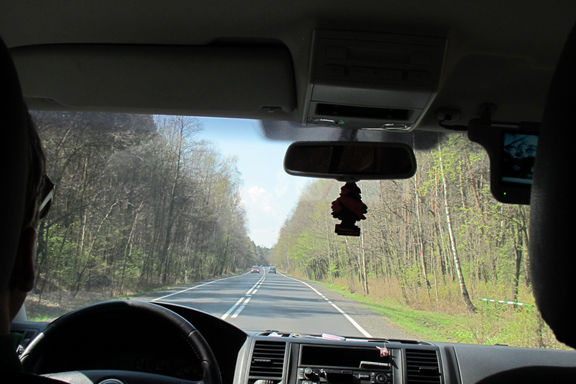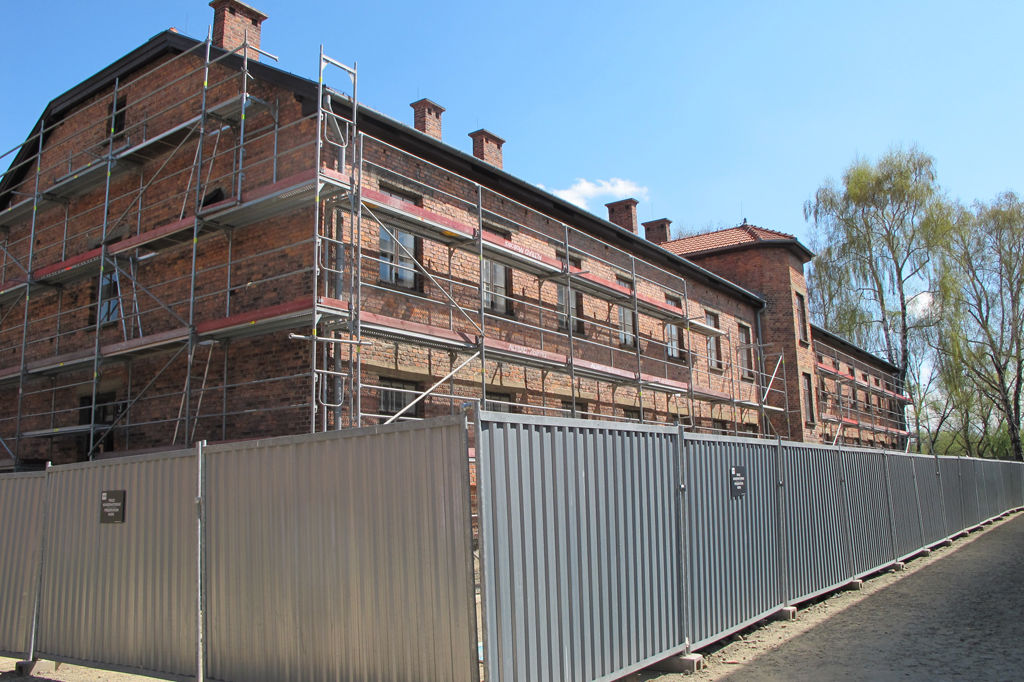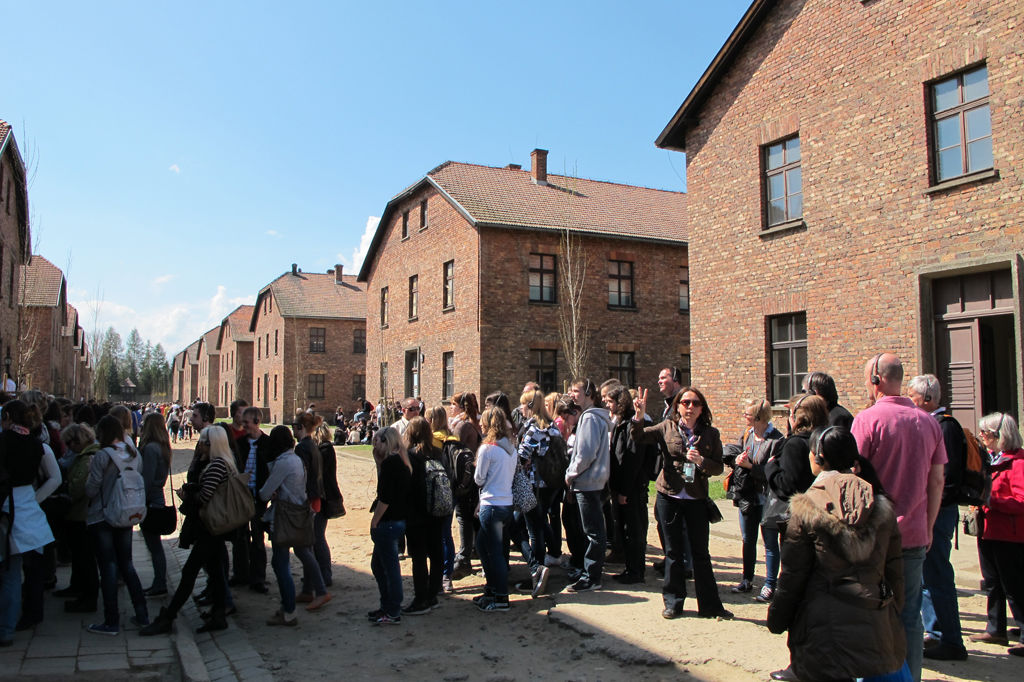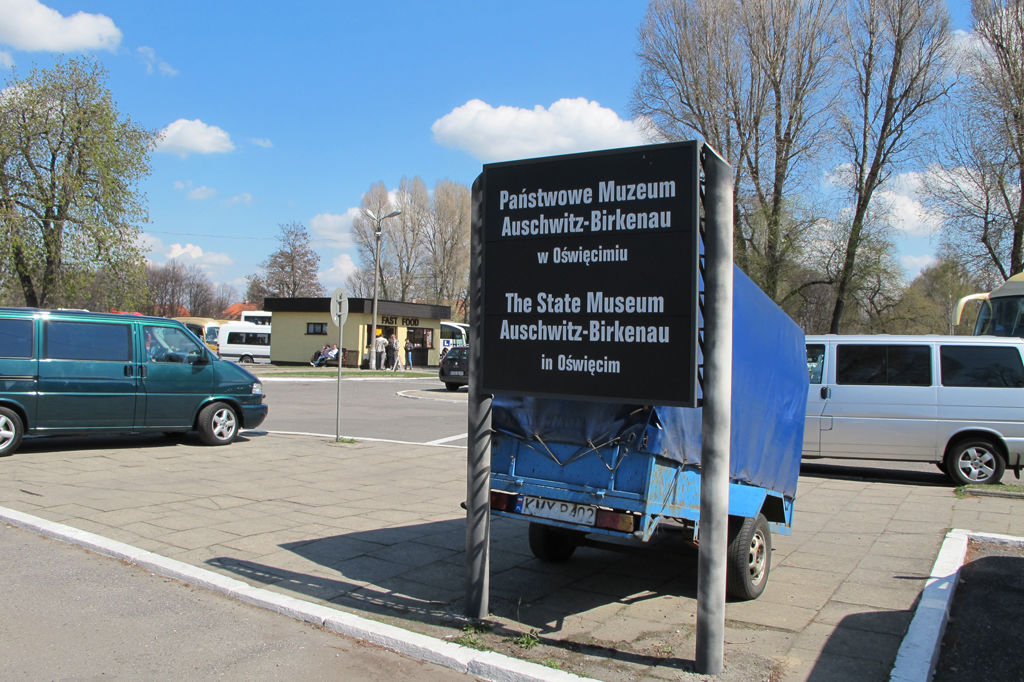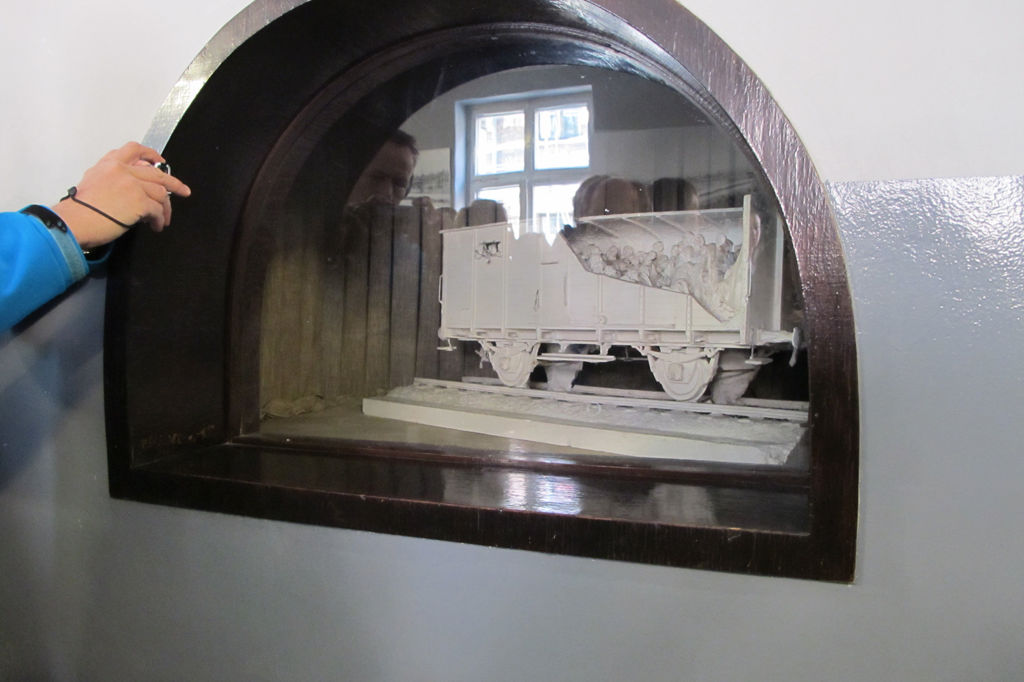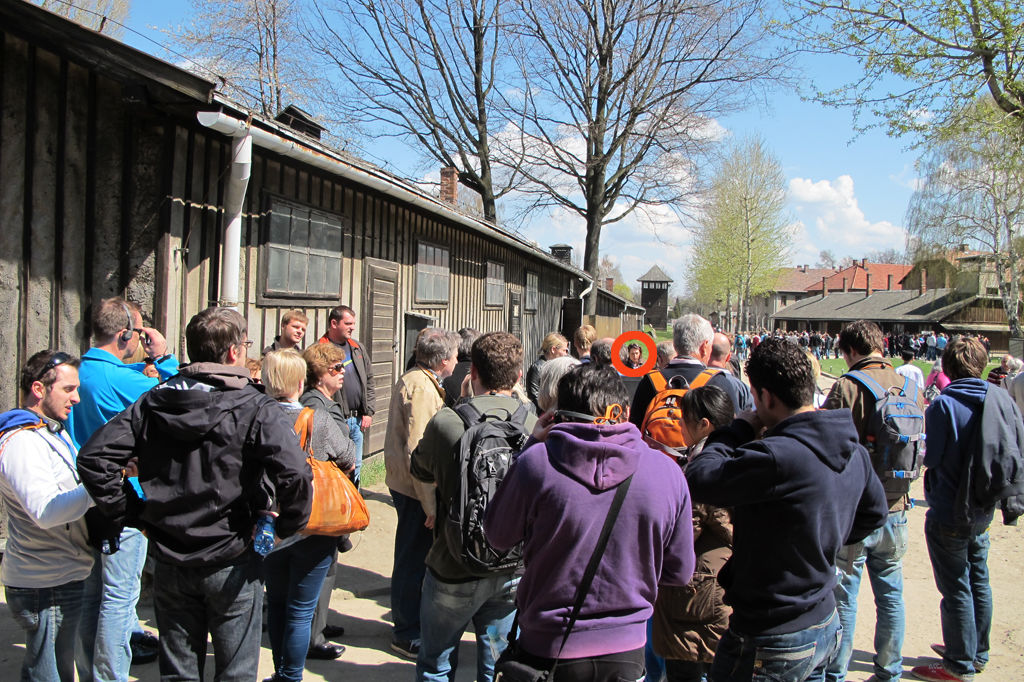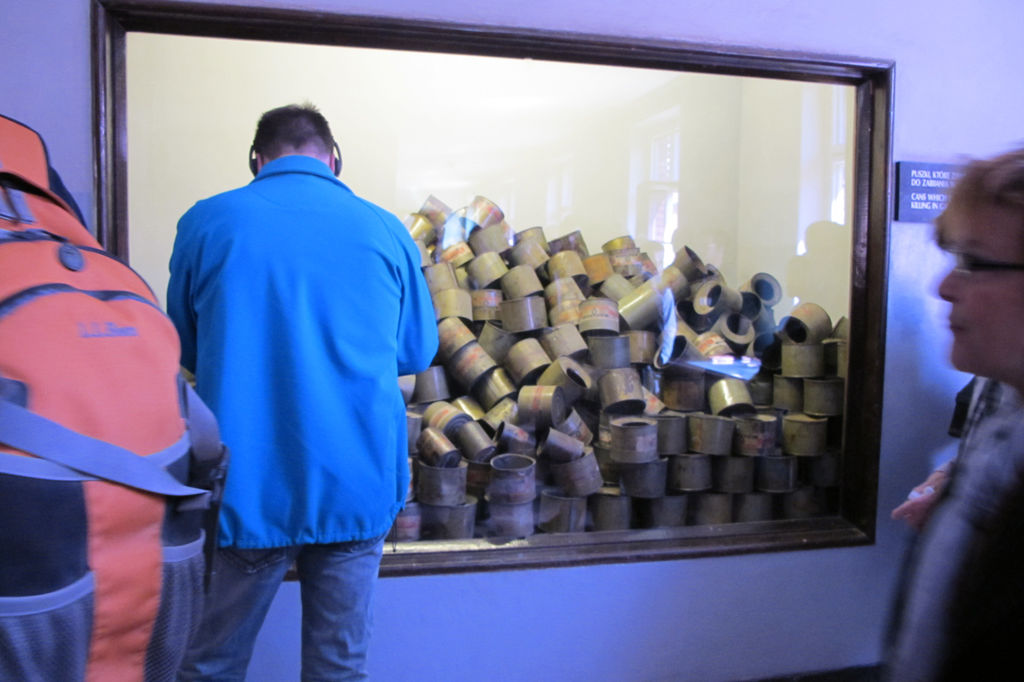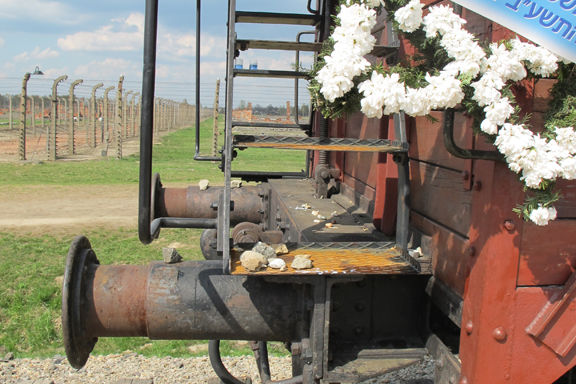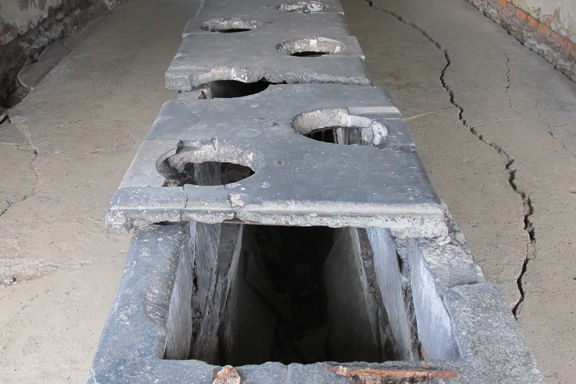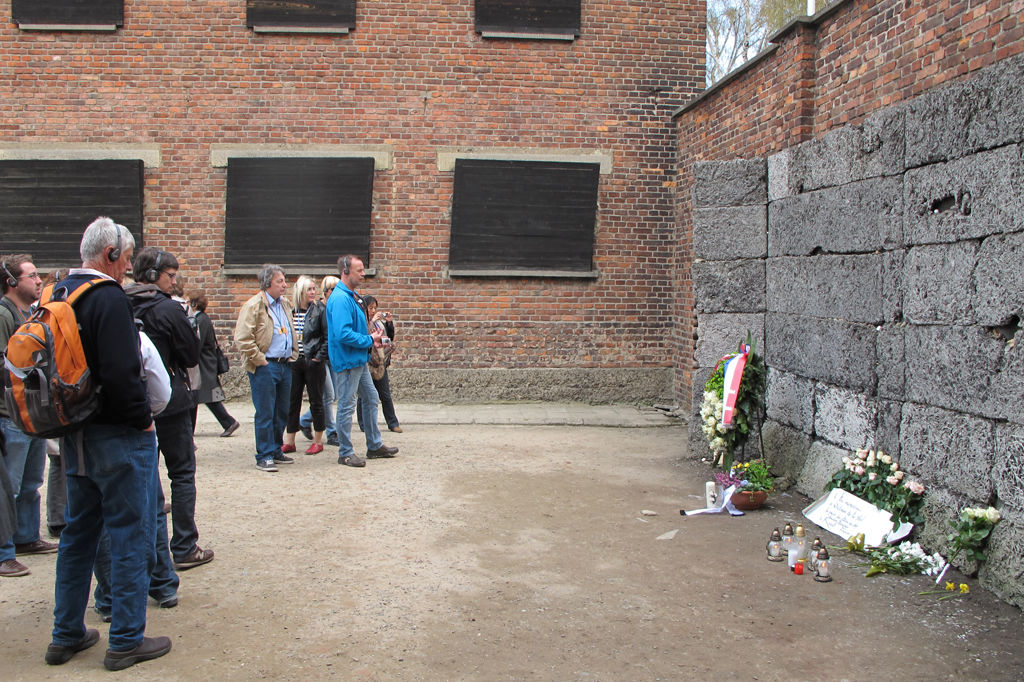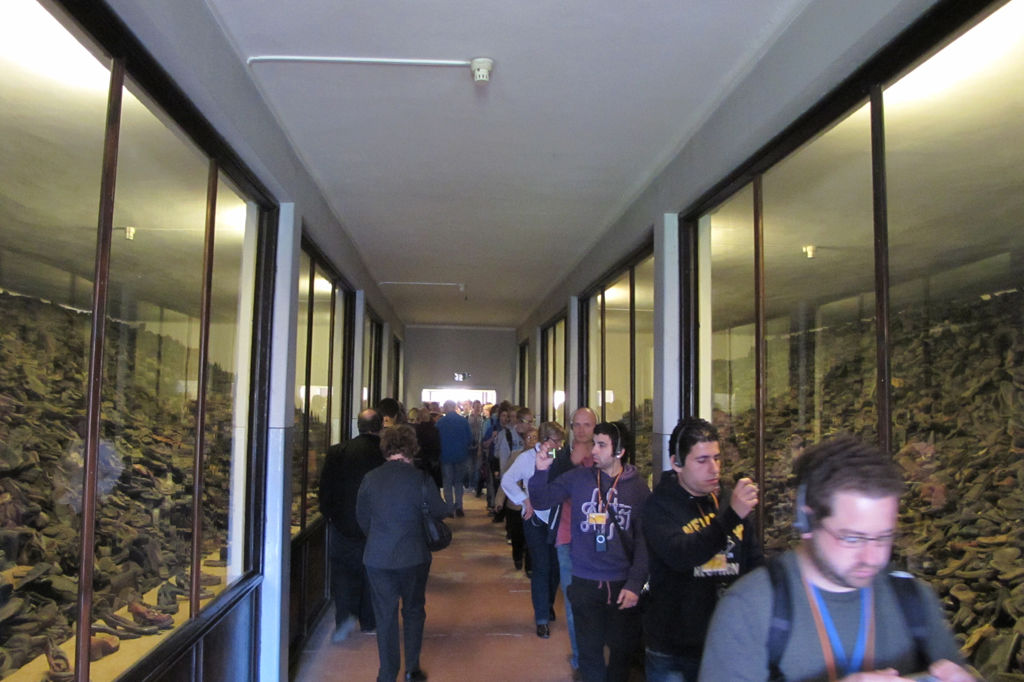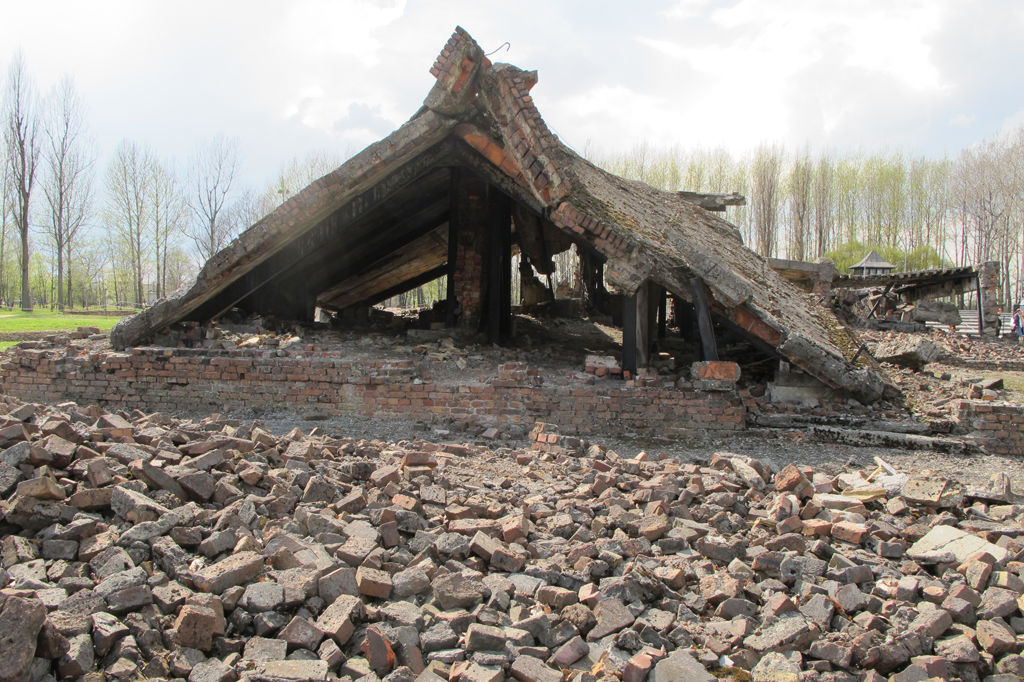I recently visited Auschwitz. It was a trip I both instigated and dreaded. I expected a deep and bitter drink of my Jewish identity and a sobering lesson in museum practice.
The experience was certainly sobering, but not in ways I anticipated. There were probably as many as 5,000 other pilgrims there when we visited. In my naïve way, I had not expected the operational aspect to be so overwhelming – which of course it needs to be.
In 2011, almost 1.4 million people visited the site. Possibly as many as who died there. They need restrooms, cafes, gift shops, smooth ticketing systems, effective delivery of content, all things Auschwitz shares with Disney, or the Met.
They do a fine job. There are no crematoria snow-globes for sale in the gift shop. No Zyclon-B key-fobs. Just books, photographs, maps. The place is clean, carefully and thoughtfully interpreted, smooth-running.
But there are thousands of us every day. Furiously taking pictures to remember something, as if the digital capture will somehow help us understand what is incomprehensible. We listen to our guide through headphones because there are guides right next to us speaking French, German, Polish, Japanese.
Some buildings have been or are being rebuilt. Their standards for historic preservation and scholarship are high. Some buildings are so far beyond recovery, both structurally and conceptually (the ovens come to mind) that their ruined status is their narrative as much as their original functions.
As if rebuilding would be some attempt at redemption. Is such a thing possible? Desirable? Clearly the managers of Auschwitz ask those questions daily.
The mission statement of the Auschwitz organization is: Rememberance – Awareness – Responsibility. If the site melted into the ground, how would our memory change? Of what would we need to be aware? To what would we be responsible? Does its physical presence assure we honor that mission?
While it is unfair to hold this one organization responsible, the big question I left the experience with was: has the presence of this memorial (among many others) slowed the rate of genocide in the world?

